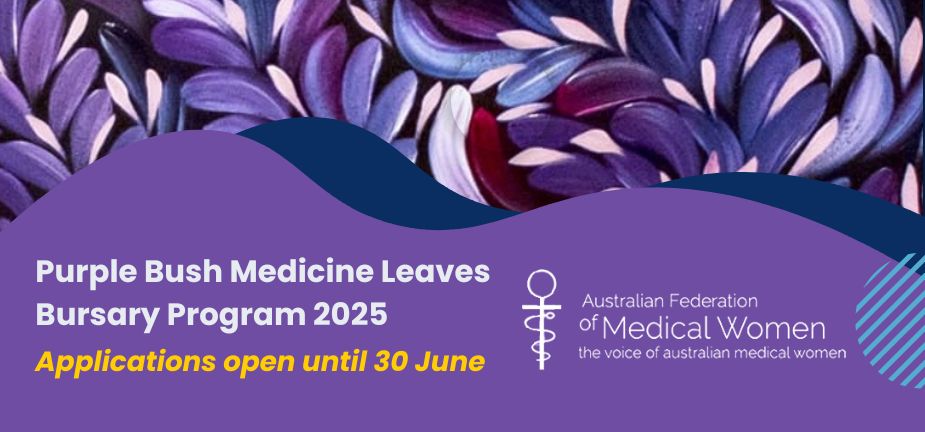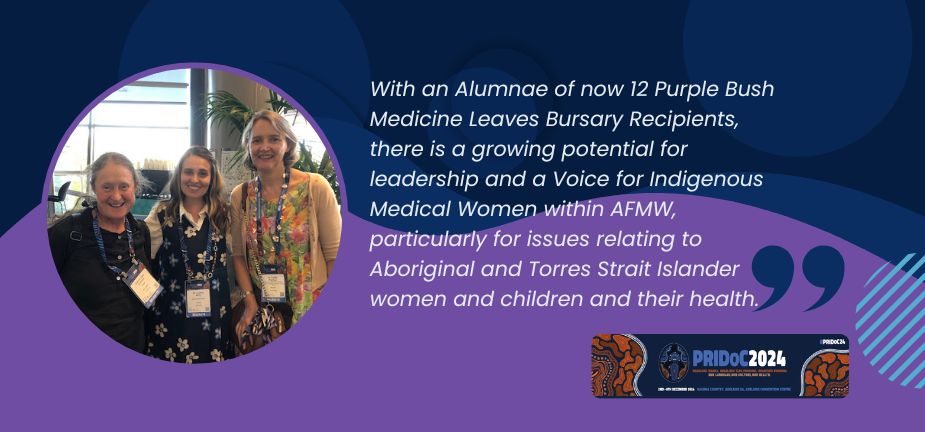Saturday 18 October 1300-1345
Speaker: Professor Suzanne Garland, MB, BS, FRCPA, FAChSHM, MD, FRANZCOG Ad Eundem.
Director, Department of Microbiology and Infectious Diseases, Royal Women’s Hospital, Melbourne
Senior Consultant, Department of Microbiology, Royal Children’s Hospital, Melbourne
Professor, Department of Obstetrics and Gynaecology, The University of Melbourne, Australia
Professor Garland is a clinical microbiologist and sexual health physician, with a particular interest and expertise in infectious diseases as they pertain to reproductive health and the neonate. With her team, Suzanne has been a leader in the role of patient self-collected genital sampling in the detection by molecular techniques of reproductive tract infections, particularly those sexually transmitted, such as Chlamydia trachomatis, Neisseria gonorrhoeae, Trichomonas vaginalis and herpes simplex virus. She also has key research interest in cervical cancer and the role of human papillomaviruses (HPV) having been involved in defining the molecular epidemiology of HPV in cervical dysplasia, cervical cancer, and the healthy population within Australia, as well as defining the prevalence of HPV genotypes in urban, rural, indigenous and non-indigenous Australian women pre-HPV vaccine rollout. Professor Garland is an Advisor to WHO and currently is working as an Advisor to WHO on prophylactic HPV vaccines, particularly looking at measuring efficacy and development of international standards for HPV DNA and serological assays.
She has published extensively more than 280 times in peer-reviewed journals, as well as giving keynote and plenary presentations at national and international meetings. She is the past and inaugural President of the newly formed society, AOGIN (Asian-Oceania Research Organization on Genital Infection and Neoplasia), which brings together clinicians and scientists within the Asian and Oceania regions and whose work is related to genital infections and neoplasia.
HPV infection is very common, being the commonest sexually transmitted infection, peaking in prevalence in young, sexually active individuals. A women’s life time risk of acquiring genital HPV infection is estimated at least 75%. There are approximately 40 – 60 types of HPV specifically infecting the genital area and these are classified into 2 groups: high-risk (HR or oncogenic) and low-risk types (LR_HPV). HR-HPV, the most
common of which are genotypes 16 and 18, are the causative agent worldwide of 50% of cervical precancerous lesions (high-grade dysplasias) and 70% of cervical squamous cell carcinomas andadenocarcinomas. HR- HPV types are also implicated in 60% to 90% of other anogenital cancers (such as vulvar, anal, and penile cancers), 20% to 75% of oropharyngeal cancers, and 25% of low-grade cervical lesions. HPV-18 is the second most common cause of cervical cancer and a more frequent cause of cervical adenocarcinoma than HPV-16. The incidence of cervical adenocarcinoma is increasing and its precursor lesion is difficult to detect by routine Papanicolaou testing.
The two most common LR-HPVs, genotypes 6 and 11, cause approximately 90% of genital warts, and 10% of low-grade cervical lesions. They also cause recurrent respiratory papillomatosis (RRP), a rare but potentially fatal disease caused predominantly by vertical transmission from mother to infant, or seen later in life as adult-onset RRP.
With the development of the HPV viral like particles (VLP), the first generation of prophylactic vaccines have been possible. Recently published phase 3 clinical trials of prophylactic bivalent HPV 16/18 and quadrivalent HPV-6/11/16/18 vaccines demonstrated that the vaccines were generally safe, well tolerated, highly immunogenic and highly effective in preventing vaccine- HPV type-related infection, and vaccine HPV type- related disease including high-grade cervical dysplasia, high-grade vulval intraepithelial neoplasia, as well as genital warts.
With registration of a vaccine in June 2006, Australia has been the first country to implement a government funded universal school based program, which commenced April 2007. It has an ongoing fully funded targeted programme for young adolescent females (11-13 years) with a two-year catch-up programme largely delivered by a general practice program for older adolescents and young adult females to 26 years. In the first year’s cohort, there has been almost 80% coverage for the three doses.
AOGIN (Asia Oceania Research Organisation on Genital Infections and Neoplasia), an expert multi-disciplinary group of scientists and clinicians, founded 2005, has a role in reducing disease burden in Asia and which contributes to more than 50% of cervical cancer cases worldwide.









